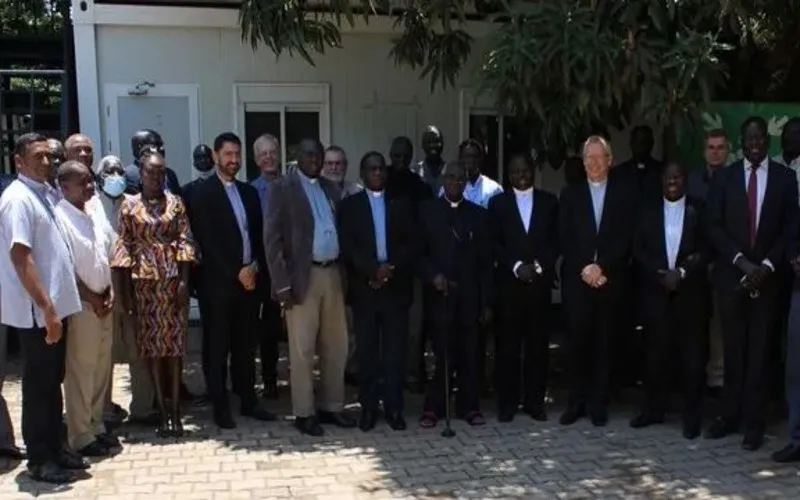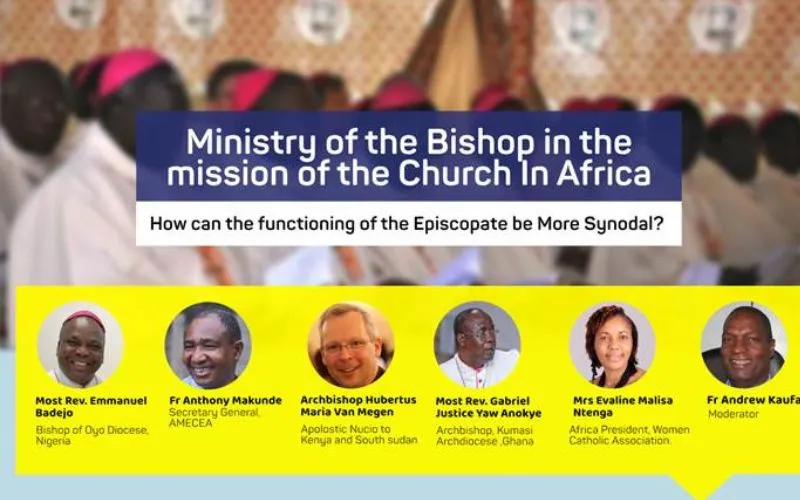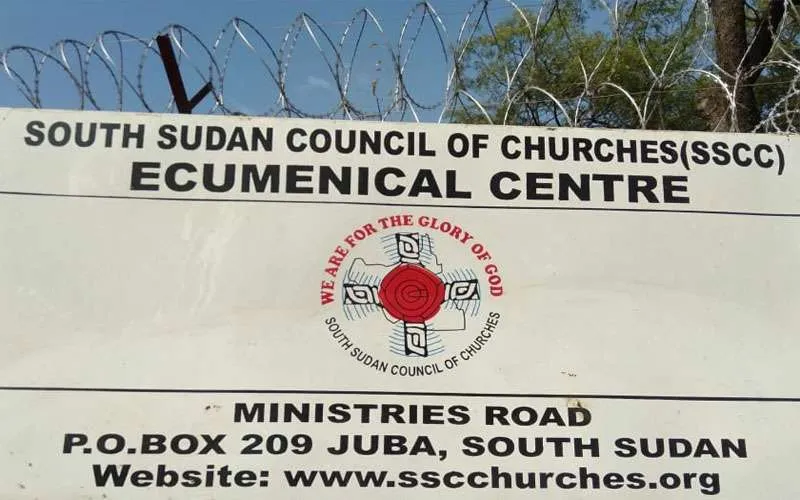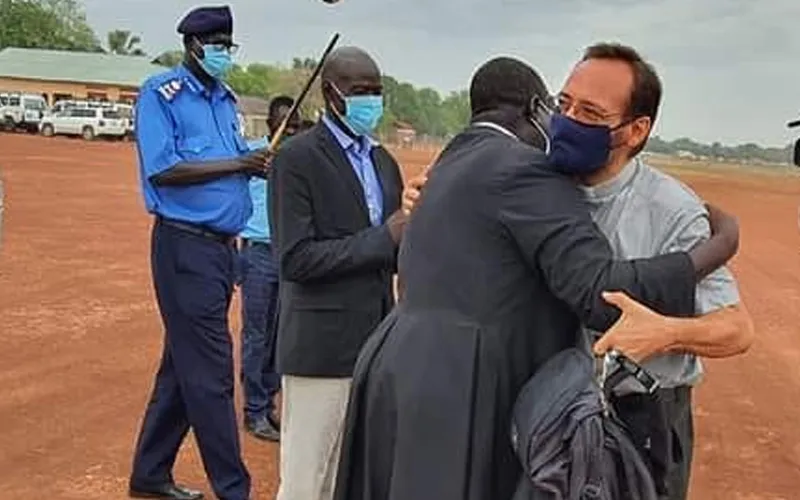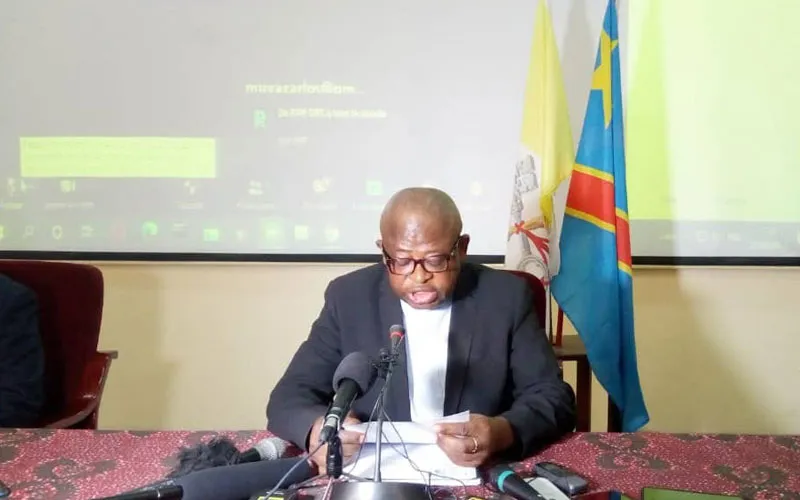“We remind the government of their duty to provide security to the population, but we also urge them not simply to create more violence using the security apparatus,” the Catholic Bishops in South Sudan say in their September 15 statement.
Often, they say, people turn to violence because “they do not have access to clean water, food, housing, health care, education and other basic services.”
“It is the duty of the government to create an economic environment where these basic needs are available to the people and where ordinary citizens and indeed members of the security services will not be tempted to use violence just to feed themselves and their families,” the Catholic Bishops say.
Addressing themselves to the President on the Republic, the Bishops urge him to “work diligently to improve the economy as he has promised.”
They look back at the event of April 2019 at the Vatican following a "spiritual retreat" for political leaders in South Sudan, including President Salva Kiir and Riek Machar when Pope Francis kissed their feet.
(Story continues below)
“We were deeply moved by the Holy Father’s unexpected gesture of kissing the feet of our political leaders, a true blessing,” Catholic Bishops in South Sudan recall in the September 15 statement, and regret “with sadness that they (political leaders) have not been sufficiently moved by his humble example and so far they have not demonstrated the political will for peace; violence still persists.”
They call for full implementation of the Revitalized Agreement on the Resolution of the Conflict in the Republic of South Sudan (R-ARCSS) in South Sudan.
“We express our frustration at the slow pace of implementation, but we also note that true peace does not come merely by signing a paper nor sharing power amongst elites. Hearts must be changed and the root causes of conflicts must be addressed,” SSCBS members say.
“We call for an inclusive process, including all actors, even those who did not sign R-ARCSS,” the Bishops say, and welcome the “mediation of the Catholic Sant'Egidio group at the invitation of the Holy Father in Rome in trying to broker an agreement with all parties, both signatories and non-signatories.”
They further express their opposition to any effort that might exist to undermine the peace process saying, “We believe that the recent splits and defections in the opposition and the adversarial style of politics cause instability and are a threat to peace.”
The Catholic Bishop make known their desire “to be more involved in the peace process,” and advocate for fostering of Gospel values through the Catholic Social Teaching, including respect for the dignity of the human person, subsidiarity, solidarity, the common good and the preferential option for the poor, as well as the virtues of charity, temperance and prudence.
In their September 15 statement, the six Catholic Bishops in South Sudan express concerns about the country’s shrinking civic space and call for the freedom of press, freedom of expression, freedom of speech and assembly.
“Our leaders must listen to the voices of the people as expressed in the National Dialogue and through Church, civil society and traditional leadership, and especially youth and women,” they say.
They pray that all in positions of leadership, whether in the government, the opposition, the security organs, civil society and indeed the church, will remember that “leadership is not about sharing power but about service to God and to our fellow human beings.”
“We pray for all of you during these difficult times” the South Sudanese Catholic Bishops say, addressing themselves to the citizens of the 10-year-old country.
They encourage “all our faithful and all people of good will, especially our ecumenical and inter-faith sisters and brothers, to be strong in faith and hope and to continue working for justice and peace.”
ACI Africa was founded in 2019. We provide free, up-to-the-minute news affecting the Catholic Church in Africa, giving particular emphasis to the words of the Holy Father and happenings of the Holy See, to any person with access to the internet. ACI Africa is proud to offer free access to its news items to Catholic dioceses, parishes, and websites, in order to increase awareness of the activities of the universal Church and to foster a sense of Catholic thought and culture in the life of every Catholic.



